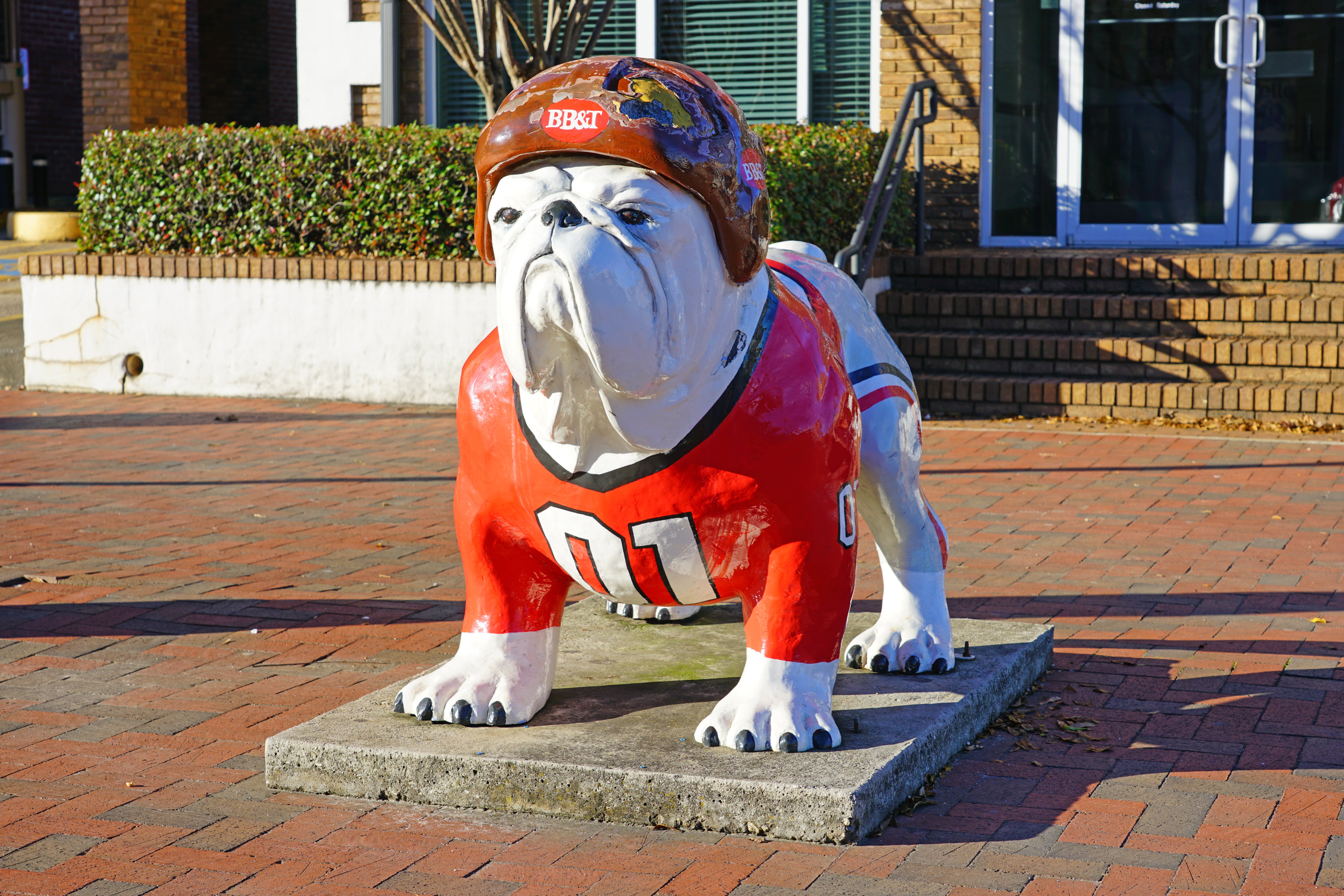How your team can harness UGA's winning strategy.

The University of Georgia harnessed one of the strongest forces on the planet to become the best football team in the country. It's a force any team can harness to become their best.
After falling short of making the College Football Playoff in 2020, UGA's head football coach, Kirby Smart, knew the team needed to make some crucial improvements in order to win a national championship. "I wanted to try something new to get better that was going to take everyone buying in," Smart says.
Over the next season, Smart implemented Skull Sessions, regular small group meetings where players opened up about their lives and motivations. The team would break up into groups of 10-15 players three times a week to discuss personal matters and get to know each other. The coaches would rotate throughout the groups. "Skull Sessions is for guys to be more connected. Lots of people open up...knowing the other person's why," says Georgia linebacker Nakobe Dean. Georgia quarterback Stetson Bennett, says the sessions "allow the team to see you more as a person not just a football player."
The invisible force UGA forged to become the best team was...human connection.
Human connection has become increasingly more critical as loneliness levels continue to rise around the globe. According to responses from more than 2,000 global professionals included in my new book, Connectable, 55 percent say they experience loneliness at least weekly, with 72 percent saying monthly.
Loneliness is a universal human condition that has no respect for people. No matter our position (on the field or in your organization), age, status, occupation or personality, we are all susceptible to loneliness, which ravages our physical and mental health. The antidote? Belonging. A place where you feel seen, heard and can contribute.
Belonging is separate from teamwork. Teamwork requires collective effort toward a common goal. Belonging requires collective respect, security, support and acceptance. Teamwork exists when a teammate helps you on the field or at work. Belonging exists when you know the teammate is willing to help you in life. Teams can work together without feeling a sense of belonging. But teams can't reach their highest potential without belonging that results from human connection.
Teams are bursting with the possibility of resilience. In a marketplace in constant flux, social connections hold the key to keeping teams resilient and thriving through conflict.
Teams that are socially alert to one another's needs are more successful than teams that don't have "social sensitivity." Having empathy and being able to read others' subtle shifts in mood and demeanor is an important element of belongingness.
Teams that do not foster a sense of belonging unintentionally isolate employees, often causing them to jockey for power, prestige and individualized gains — gains that might help in the short term but might not necessarily be what's best for the team's sustainability.
Belonging begins when people understand that unity is what allows teams to thrive.
Mortar, not just bricks, is what makes a wall formidable. The mortar of teams is belonging. It's what exists between teammates that strengthens a team.
Establishing belonging and an underlying culture of connectedness doesn't happen naturally. You have to work at it. At the D1 level of college football, players are over-scheduled to the point that every moment is accounted for. Smart admitted that they had to sacrifice some of the "Xs and Os and scheme meetings" in order to foster connection via the Skull Sessions. But the "return on investment showed up almost immediately on film, with the camaraderie and bonding between this squad," Smart says.
It was UGA's X-factor in the win against the University of Alabama Crimson Tide on Monday, January 10th. Here's how UGA's investment in connection came to fruition on the field.
UGA was leading 19 to 18 with 4 minutes and 51 seconds left in the game. It was 1st and 10, and UGA was on Alabama's 24 yard-line. UGA ran a run play, handing it off to running back Zamir White. White ran about four yards before Alabama's defense closed in and wrapped him up. While still on his feet, White pushed against the defensemen to gain another inch. As White attempted to push further into Alabama territory, three UGA linemen who had fallen to the ground bounced up and sprinted towards White to push him further than he could go by himself. By the end of the play, six teammates had come to support White, and together they had doubled the yardage that White gained on his own.
Following the passionate play, commentator Kirk Herbstreit said, "That's not just a good run, that is a group effort. That play...is what Georgia has been about."
Seeing. Pushing. Hearing. Supporting. Connecting.
When asked if the Skull Sessions were working, Georgia defensive back Lewis Cine said "It's definitely working, because I know what pushes [my teammates], and they know what pushes me. Let me give you my all."
Connection led to a championship.
For teams to pull their goals closer, first pull each other closer.
Want help creating a more connected workforce? Check out Ryan's latest Wall Street Journal Bestselling book: Connectable. Or click here to invite Ryan to speak at your next meeting or event.





